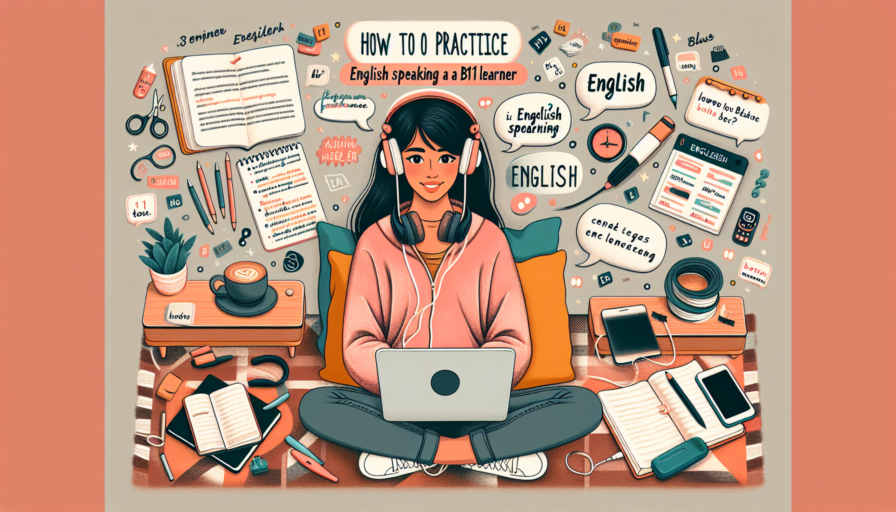
Contents
For B1 learners of a new language, speaking practice is a fundamental component of their language acquisition journey. At this intermediate level, learners are starting to grasp more complex structures and vocabulary. Engaging in regular speaking practice allows them to refine these skills, enhance their fluency, and boost their confidence in real-life conversations.
One major benefit of speaking practice is that it assists B1 learners in developing their pronunciation and intonation. By articulating words and sentences aloud, learners can identify areas for improvement and gain greater clarity in their speech. This not only enhances their ability to communicate but also makes their interactions more engaging and understandable.
Incorporating speaking practice into the learning routine can take various forms, including:
Moreover, regular speaking practice contributes to increased listening comprehension. As learners articulate their thoughts and responses, they naturally become better listeners, which is essential for fostering interactive communication. By prioritizing speaking practice, B1 learners can significantly enhance their overall language competence and gain invaluable skills for meaningful conversations.
Practicing English speaking alone can be both rewarding and challenging. To enhance your fluency, it’s essential to employ effective techniques for practicing English speaking alone. By integrating various methods into your daily routine, you can significantly improve your speaking skills and gain confidence. Here are some strategies to consider:
Additionally, immersing yourself in English media can aid your practice. Watch movies, listen to podcasts, or read books aloud. These activities provide context and new vocabulary, enhancing your overall command of the language. Incorporating effective techniques for practicing English speaking alone into your routine will lead to measurable improvements in your ability to communicate confidently and effectively.
In today’s digital age, solo speaking practice has been revolutionized by various apps and resources that cater specifically to individual learners. These tools provide users with the opportunity to hone their speaking skills without needing a conversation partner. Whether you’re preparing for a public presentation, language learning, or simply wanting to improve your verbal communication skills, technology has made these processes more accessible and efficient.
Here are some highly effective apps that can enhance your solo speaking practice experience:
In addition to apps, there are various online resources that can support your solo speaking practice:
By leveraging these apps and online resources, individuals can significantly enhance their solo speaking practice, empowering them to articulate their thoughts more confidently and fluently in any speaking scenario.
Developing a structured speaking routine is essential for creating a structured speaking routine that enhances the language skills of B1 learners. By establishing a consistent practice schedule, learners can significantly improve their fluency, pronunciation, and confidence. Below are effective strategies to help B1 learners implement a successful speaking routine:
Incorporating these tips into a structured speaking routine can transform the way B1 learners engage with the language. Regular practice not only enhances speaking skills but also boosts overall confidence in communication.
Practicing English speaking alone can be beneficial, but it also comes with its own set of challenges. Understanding these difficulties is vital for effective improvement. Here are some of the common challenges in solo English speaking practice and effective strategies to address them:
To overcome these obstacles, consider the following approaches: